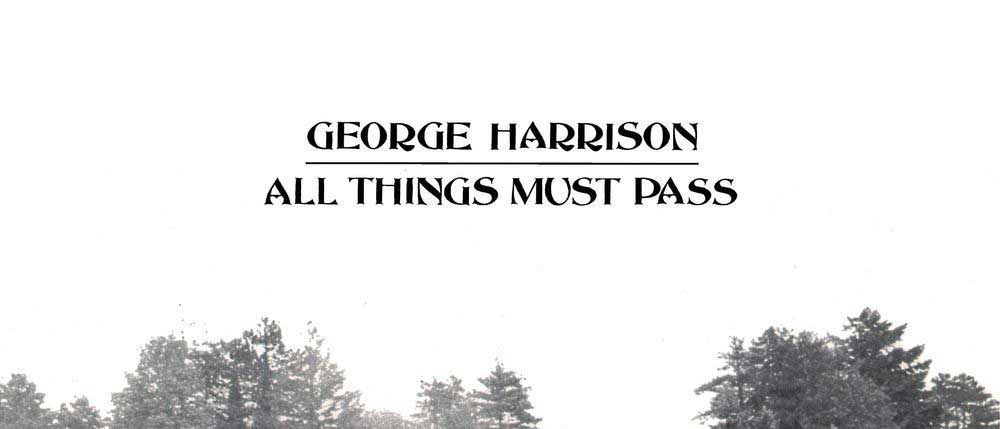You can trust Louder
If all that All Things Must Pass contained was the epoch-defining My Sweet Lord and yearning, plaintive Isn’t It A Pity, it would still mark out the album as one of the finest solo records from any ex-Beatle. But of course it doesn’t.
Alongside a typically drenched Phil Spector co-production, the album – originally released as a triple set in November 1970, shortly after The Beatles’ break-up – is a majestic statement, the moment George Harrison stepped out from the shadow of McCartney and Lennon and became a commercial and creative mega-force in his own right.
The album topped charts worldwide, Harrison’s signature slide guitar sound and spiritual symbolism becoming cultural currency.
The original triple set contained an Apple Jam disc, featuring the notorious It’s Johnny’s Birthday sung to the tune of Cliff Richard’s Congratulations. Whether you need this is up for debate, but the jamming with pals such as Derek And The Dominos and Badfinger feels cleansing, exciting. Rolling Stone called All Things “the War And Peace of rock and roll”. That might be going a little far, but there’s no denying its pull and charm 50 years down the line.
The new super-deluxe edition features 70 songs over five CDs/eight LPs, including 42 previously unreleased demos, out-takes and studio jams, plus an exclusive scrapbook.
Sign up below to get the latest from Classic Rock, plus exclusive special offers, direct to your inbox!
Everett True started life as The Legend!, publishing the fanzine of that name and contributing to NME. Subsequently he wrote for some years for Melody Maker, for whom he wrote seminal pieces about Nirvana and others. He was the co-founder with photographer Steve Gullick of Careless Talk Costs Lives, a deliberately short-lived publication designed to be the antidote to the established UK music magazines.


